Titanoboa - Blog Posts
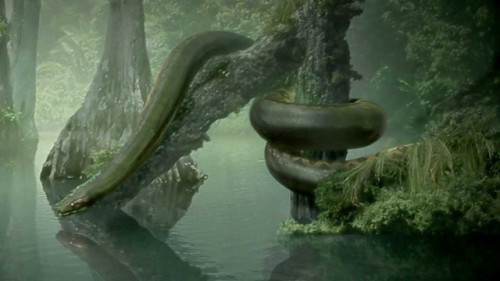

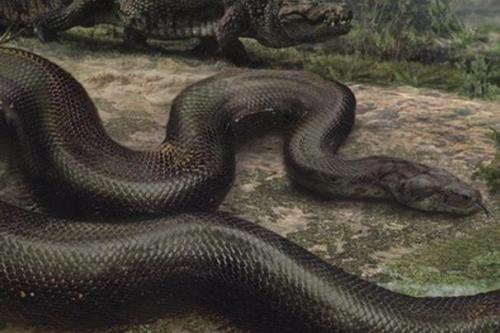
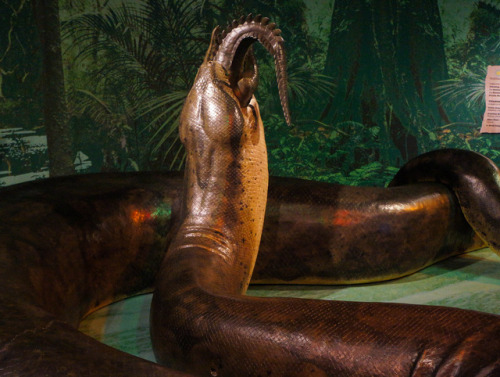


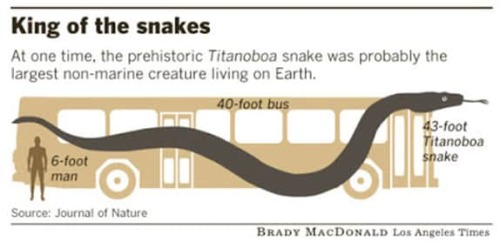
Titanoboa
Titanoboa is an extinct genus of snakes that is known to have lived in present-day La Guajira in northern Colombia. The giant snake lived during the Middle to Late Paleocene epoch, a 10-million-year period immediately following the Cretaceous-Paleogene extinction event.
The only known species is Titanoboa cerrejonensis, the largest snake ever discovered. By comparing the sizes and shapes of its fossilized vertebrae to those of extant snakes, researchers estimated that the largest individuals of T. cerrejonensis found had a total length around 42 feet and weighed about 2,500 pounds.
While initially thought to have been an apex predator of the Paleocene ecosystem in which it lived, evidence has pointed to the genus being predominantly piscivorous. Titanoboa’s massive size would have made it difficult to move on land, so the giant snake would probably have spent most of its life in the water, hunting for fish and other aquatic prey.

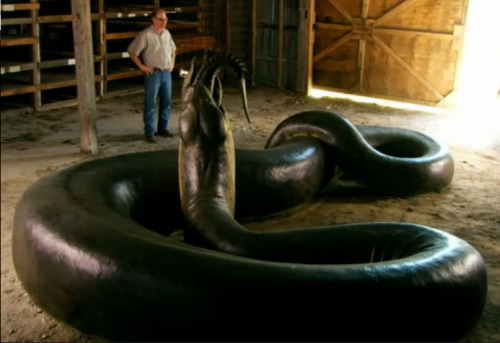
The Titanoboa, is a 48ft long snake dating from around 60-58million years ago. It had a rib cage 2ft wide, allowing it to eat whole crocodiles, and surrounding the ribcage were muscles so powerful that it could crush a rhino. Titanoboa was so big it couldn’t even spend long amounts of time on land, because the force of gravity acting on it would cause it to suffocate under its own weight.

Can you believe this monster snake actually existed?
Titanoboa is an extinct genus of very large snakes that lived in what is now La Guajira in northeastern Colombia. They could grow up to 12.8 m long and reach a weight of 1,135 kg. Fossils of Titanoboa have been found in the Cerrejón Formation, and date to around 58 to 60 million years ago.
Titanoboa skeleton on display at Queensland Art Gallery
